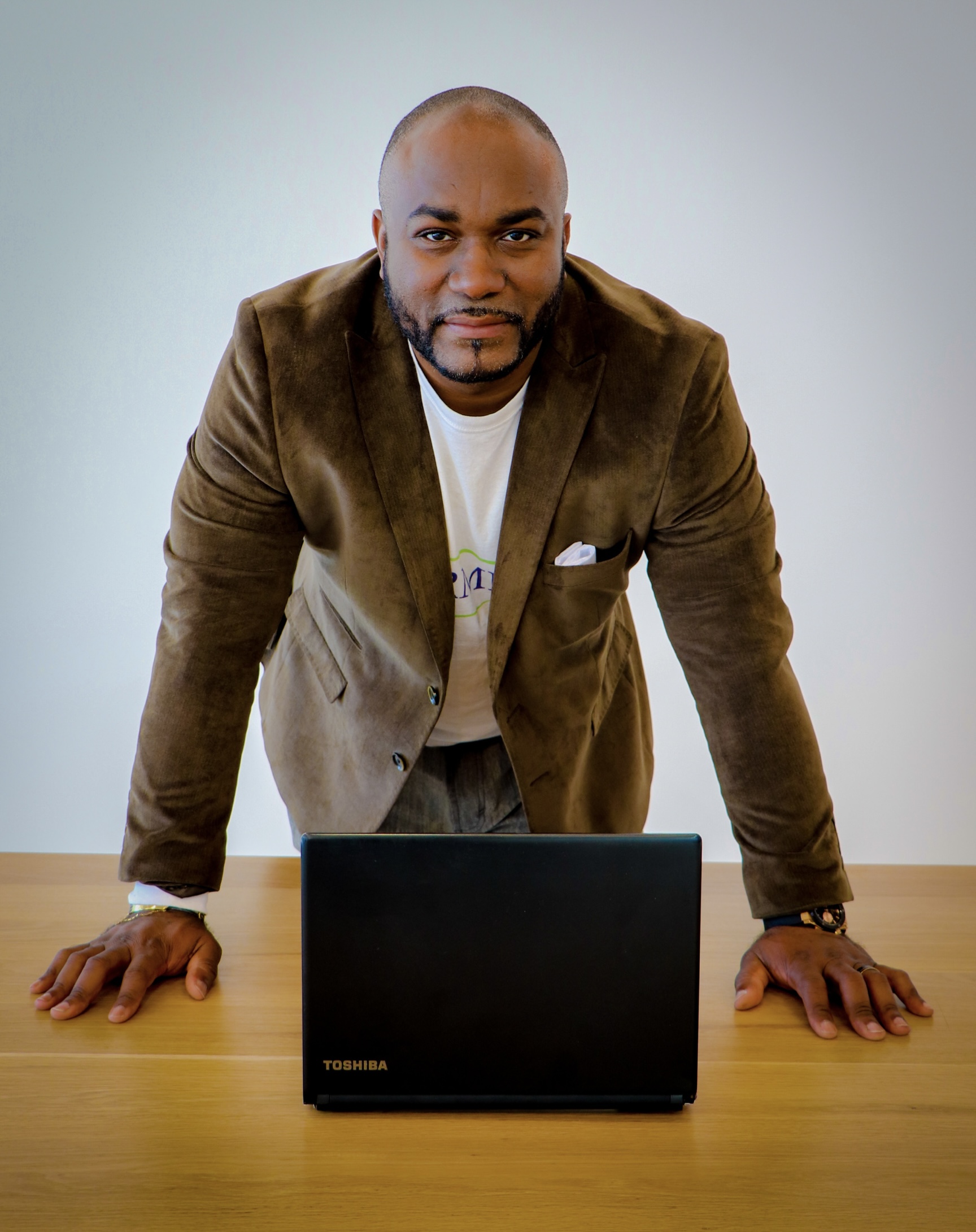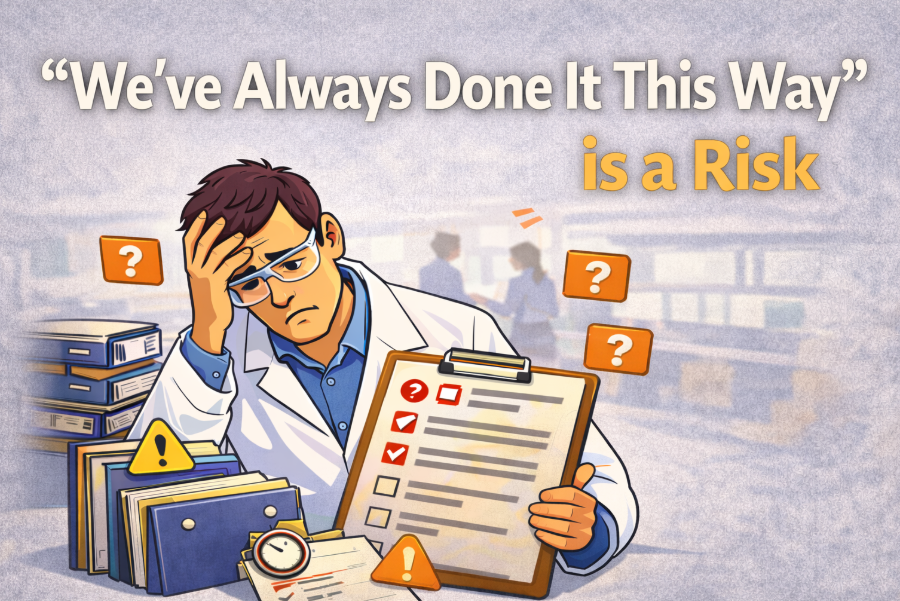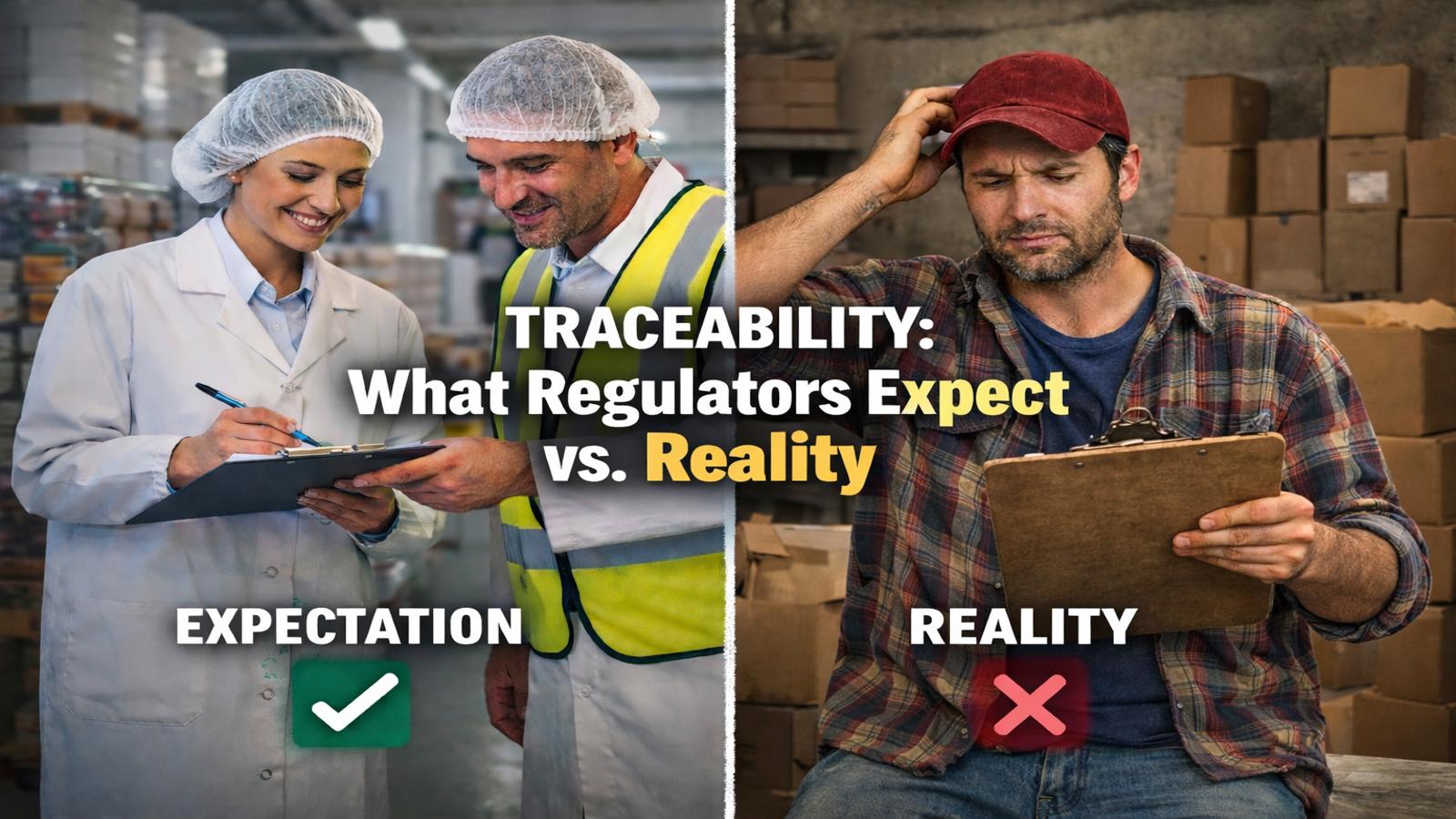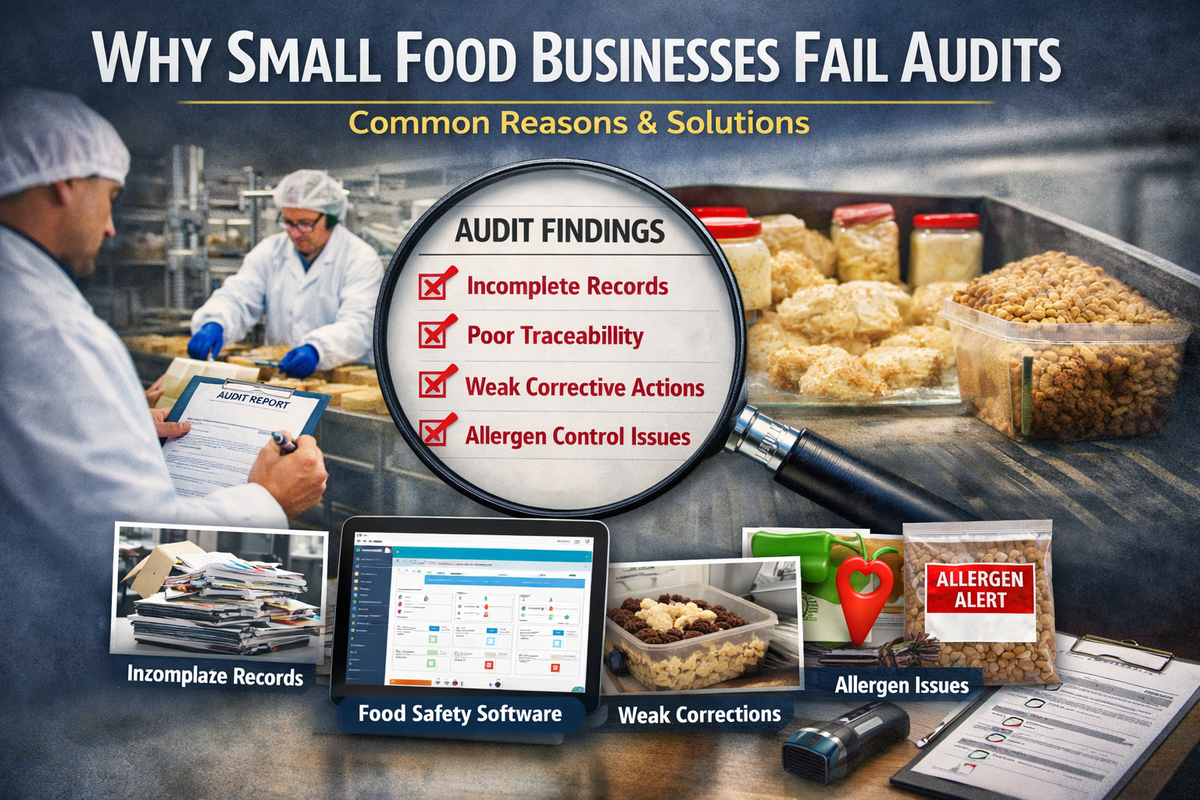Food safety is a critical concern for every business in the food industry. It's not only about adhering to regulations; it's about ensuring the health of your customers and maintaining the integrity of your brand. One way to demonstrate your commitment to food safety is by obtaining a food safety certification. But with so many certifications available, how do you know which one is right for your company? This guide aims to help you navigate this important decision.
Understanding the Importance of Food Safety Certification
Before we delve into the specific types of certifications, let's first discuss why they are necessary. Apart from being a legal requirement in many jurisdictions, having a food safety certification offers numerous benefits. It assures customers that your products are safe to consume, gives you a competitive edge, and can even help reduce costs by minimizing waste and improving efficiency.
Key Factors to Consider When Choosing a Food Safety Certification
Choosing the right food safety certification for your business depends on several factors. Here are some key considerations:
-
Your Industry Sector: Different sectors have different risks and hence, different certifications. For instance, a seafood processing company may require a different certification than a bakery.
-
Customer Requirements: Some clients or customers may demand specific certifications. If you're supplying to large retailers, for example, they might require a Global Food Safety Initiative (GFSI) recognized certification.
-
Regulatory Requirements: Depending on your location and where you distribute your products, you may need to comply with certain local, national, or international food safety standards.
-
Company Size and Complexity: Larger companies or those with more complex processes may benefit from more comprehensive certification schemes.
Exploring Different Types of Food Safety Certifications
Now that you understand what to consider when choosing a certification, let's look at some of the most common food safety certifications available:
-
Hazard Analysis Critical Control Point (HACCP): HACCP is an internationally recognized system designed to ensure the safety of food by identifying and controlling potential hazards. It's suitable for all sectors of the food industry.
-
Safe Quality Food (SQF): SQF is a comprehensive food safety and quality management certification system. It's recognized by GFSI and covers all stages of the food supply chain.
-
British Retail Consortium (BRC): The BRC Global Standard for Food Safety is another GFSI-recognized certification. It's particularly popular among businesses supplying UK retailers.
-
ISO 22000: ISO 22000 is an international standard that combines the key elements of HACCP and the ISO 9001 quality management system. It's applicable to any organization in the food chain.
-
FSSC 22000: The Food Safety System Certification 22000 is a robust, ISO-based, internationally accepted certification scheme for auditing and certification of food safety within the food and beverage manufacturing sector. It's recognized by GFSI and developed in response to the needs of the international food sector.
Remember, the best food safety certification for your business is the one that meets your specific needs and goals. It's not about getting the most prestigious or expensive certification but about finding the one that brings the most value to your operations.
The Road to Certification
Embarking on the journey towards food safety certification may seem daunting, but with careful planning and preparation, it can be a smooth process that significantly enhances your business's reputation and operational efficiency. Here are some steps that are typically involved:
1. Understanding the Standards: The first step is to thoroughly understand the standards and requirements of the certification you have chosen. These standards provide a roadmap for what your food safety management system needs to achieve.
2. Developing a Food Safety Management System: Based on the standards, create a comprehensive food safety management system. This includes documenting procedures and policies, identifying potential hazards, implementing control measures, and establishing protocols for monitoring, verification, and record-keeping.
3. Training Staff: It's critical to train all staff members, from management to frontline workers, on the principles of food safety and your specific food safety management system. Everyone in the organization plays a role in ensuring food safety.
4. Conducting Internal Audits: Before the official audit, conduct internal audits to check the effectiveness of your food safety system. This helps identify any gaps or areas of non-compliance that need to be addressed before the certification audit.
5. Undergoing the Certification Audit: The certification body will conduct an audit to assess your compliance with the certification standards. This usually involves reviewing documentation, observing processes, and interviewing staff.
6. Taking Corrective Action (if necessary): If the audit identifies any non-conformities, you'll need to take corrective action to fix these issues. The auditor will provide a report detailing these findings.
7. Receiving Certification: Once you've successfully passed the audit and addressed any non-conformities, you'll receive your food safety certification. However, this is not the end of the journey.
8. Maintaining and Improving the System: Food safety certification requires ongoing commitment. Regular reviews, audits, and continuous improvement are necessary to maintain your certification and keep your food safety management system effective.
The road to certification is a significant investment of time and resources, but the payoff in terms of customer confidence, market access, and operational efficiency can be substantial. Remember, the goal is not just to get certified, but to build a culture of food safety that permeates every aspect of your business.
Conclusion
In the food industry, safety is paramount. Obtaining a food safety certification not only helps ensure the wellbeing of your customers but also bolsters your company's reputation and marketability. By carefully considering your business's unique needs and circumstances, you can choose the certification that will provide the most benefit. Remember, food safety is not a destination but a journey, and achieving certification is an important step along the way.







